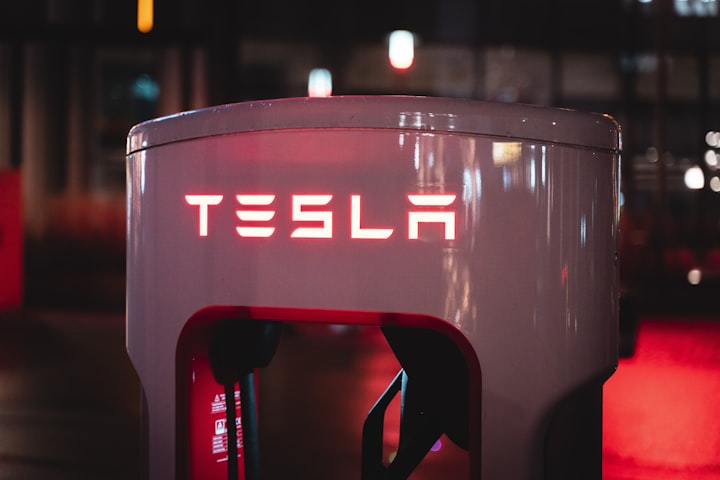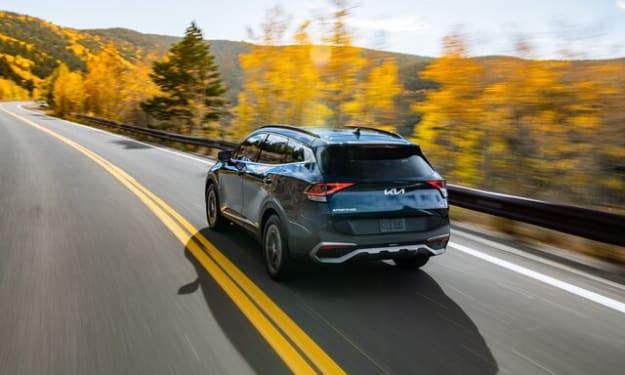How Tesla Failed to Dominate the Market It Pioneered
Becoming a shadow of its former self

When we think about electric cars, the first brand which most commonly comes to mind is Tesla, and for good reason.
While there have been other electrically powered vehicles in the past, there is no denying that Tesla brought the concept into the mainstream. Elon Musk was viewed as a visionary, improving the way we think about sustainable transportation with each speech and tweet.
Yet, if we look at Tesla today, the company is nowhere near where we’d expected it to be a couple of years ago, despite the fact that seeing Tesla models cruising our cities has become fairly common.
The company’s image, stock market value and overall popularity fell dramatically, so the question is why?
In this article we’ll explore the reasons behind Tesla’s apparent failure in the EV market, an industry created by none other than the man behind the company, Elon Musk.
Low product quality
Despite the luxury price tag, Teslas have failed to provide the same comfort and quality offered by other manufacturers for less money.
It is common knowledge by now that Teslas often come with uneven paint layering, considerable gaps in the bodywork, and a plethora of technical issues which may be difficult to solve, given that authorized service providers are not easily accessible.

Some may say that the unconventional features Tesla provides outweigh these issues, but conscious car buyers are understandably hesitant to spend big money on low quality vehicles.
The objectively poor quality of a product both priced and advertised as being luxurious or at least on the higher end led to plenty of unsatisfied customers, who are unlikely to pay more, only to have their cars calling the police on them if it detects unusual driving patterns.
Long delivery times
Supply chain issues are not uncommon, especially in the automotive industry, as the previous chip shortage abruptly cut the production of new cars.

However, Tesla’s delivery issues go beyond the conventional, as customers have been known to receive emails claiming that their cars would be arriving in two weeks, only to receive another delay email when that day comes.
Some customers have become fed up with this situation, so much so that they’ve also considered giving up on their order, which would seemingly never show up.
Public image
Companies represented by a publicly active CEO have always had to fear the possibility of the backlash caused by the CEO’s behavior.

With Elon Musk, things were looking quite bright, as the entrepreneur conquered the internet with his charisma and rather odd charm.
However, as time went on, Musk’s public appearances and online behavior began growing more and more risky for the company, with things really going south during and after the Twitter deal.
Allegations of tyrannical behavior from the new Twitter CEO really scarred the reputation of all of his favorite businesses, as public support for Musk quickly turned into disapproval.
Impractical maintenance
Buying a personal vehicle is a process that requires extensive consideration, as consumers generally plan to keep their new cars long-term.

With that, maintenance and service fees become an important factor to take into account, and unfortunately for Tesla, maintenance is not only expensive, but also hard to reach for some individuals.
Unlike with other car brands, not many service shops specialize in Tesla vehicles, due to the high degree of tech which goes into the respective models.
Lack of identity
German cars are renowned for their immaculate engineering, Italian cars for their design and flamboyance, whilst Japanese cars lead with reliability.
Most people associate American cars with big engines and over sized bodies, which does not apply to Tesla vehicles, so what does?
Clearly, none of the above-mentioned aspects do, meaning that Tesla’s only identity is their branding, or perhaps the unconventional gimmicks these cars come with, which fall short when it comes to attracting conscious buyers to the brand.
Competition
Ultimately, Tesla might have created the EV market we know today, but the electric car industry is unlikely to be run by its creator.

Most manufacturers have created multiple electric variants or adaptations of their known and trusted models, built on the reputation and identity of the respective brand, beating Tesla at their own game.
Truthfully, the auto industry is highly competitive, and while General Motors, the Volkswagen Group or the far easter manufacturers have long histories, Tesla doesn’t. It is yet to perfect the craft and to develop extensive manufacturing and quality control networks, which its competitors have already had for a long time.
Ford adapted their most popular pick-up truck as well as the Mustang to the EV market, Porsche gave us the Taycan while Toyota turned the Prius fully electric, saturating the market. Teslas are no longer new and innovative, with their most promising product, the Cybertruck, being seemingly left in the dark.
As such, we are curious the see what direction Tesla will be heading to, and if you found this article interesting, I hope to see you around for the next one as well!
Cheers!





Comments
There are no comments for this story
Be the first to respond and start the conversation.